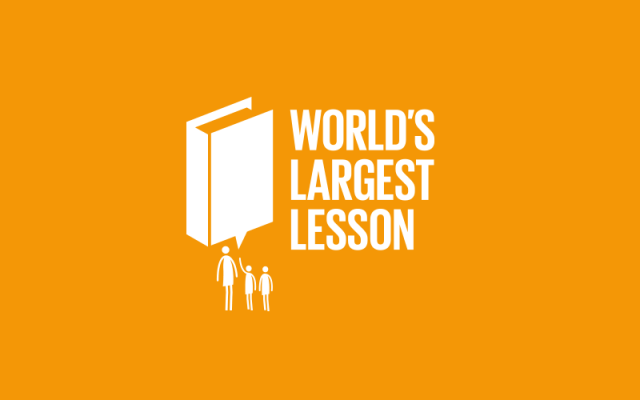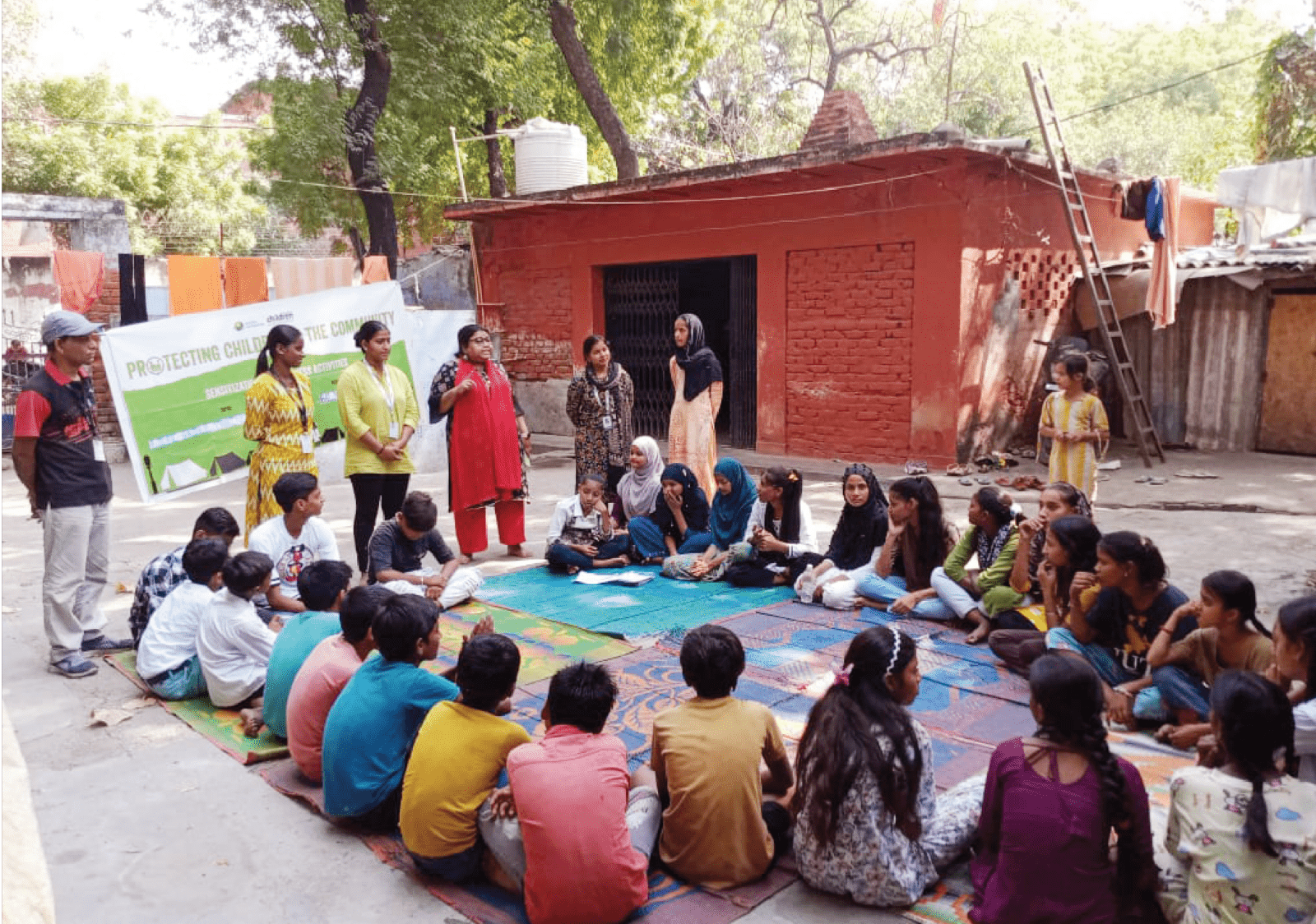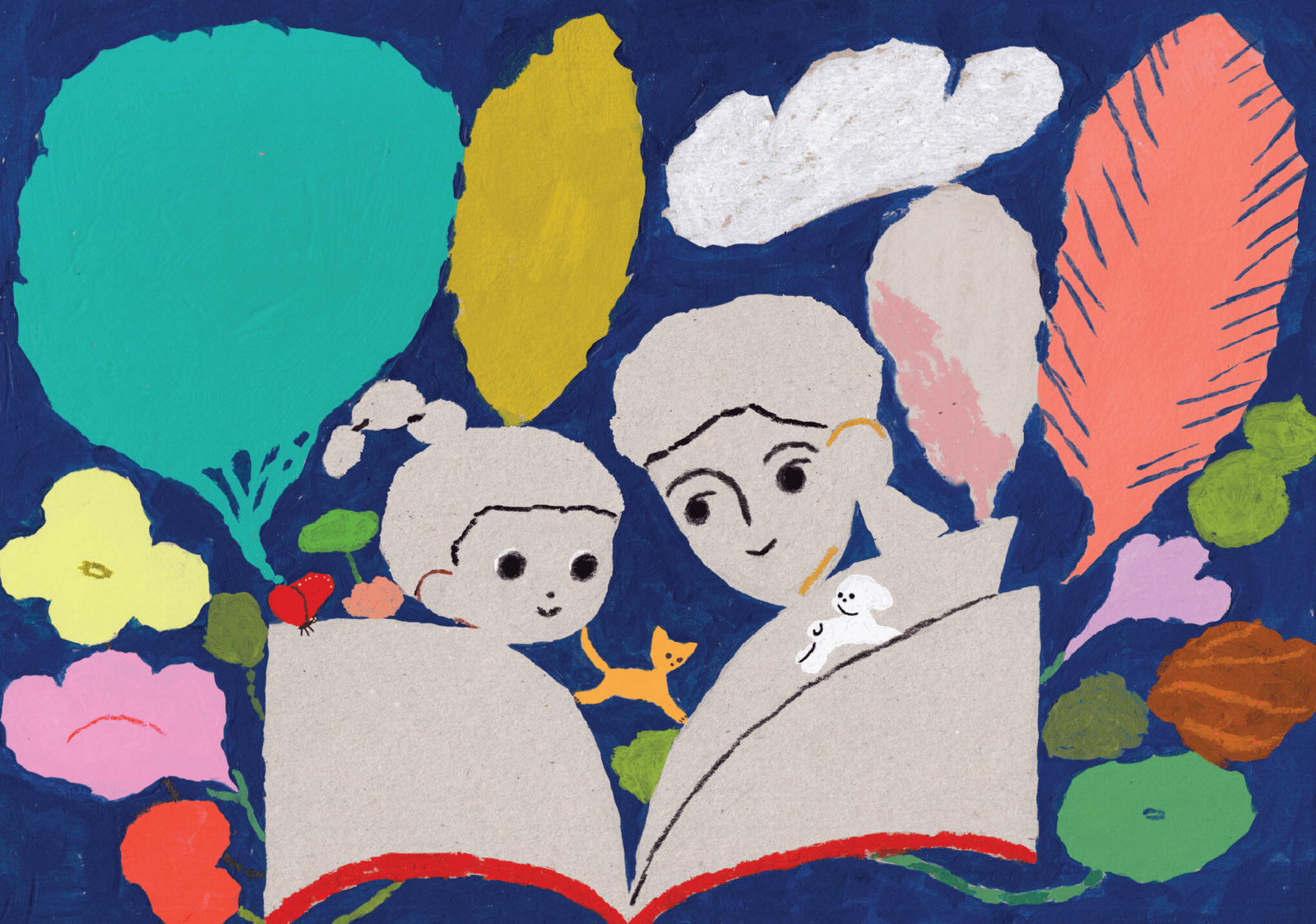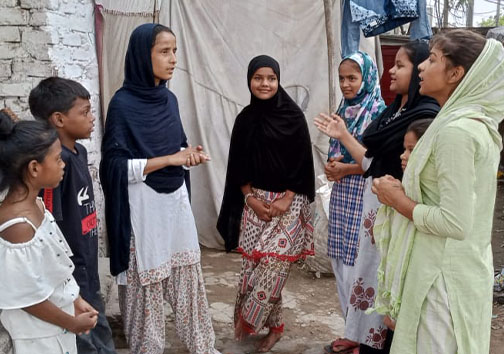With the coming of COVID19, the world and its children faced enormous and unforeseen challenges, becoming a time that taught us the world’s largest lessons.
While times have been tough, it has also been an opportunity to think about what we need to do to reimagine and reshape the lives of future generations in the current context, keeping in mind every child.
Bringing together UNICEF’s Executive Director Henrietta Fore, UN Deputy Secretary General, Amina J Mohammed, Director General World Health Organisation, Dr.Tedros Adhanom, Sofia Carson and UNICEF Goodwill Ambassador Millie Bobby Brown, here’s a summary of suggestions and ideas on how to reimagine the future, keeping in mind 3 critical aspects that matter to children and teenagers today – Education, Health and Activism.
EDUCATION
With the coming of COVID19, over 2/3rd of the world’s children, that is more than a billion children, have been out of school. But these changes have made the world think creatively and reimagine education with a different lens. With quality education for every child as one of the key SDG’s (Sustainable Development Goals), the emphasis on online education has become the need of the hour.
In conversation with Amina J. Mohammed, Deputy Secretary General of The United States and Sofia Carson, UNICEF Supporter on education, a few critical points came forward in context to education and learning in difficult times. Tracing back to their days in school, they discussed how school was their whole world and even the most favourite place to be. The conversation lent empathy to children who have been away from school for months, feeling frustrated, anxious and uncertain about their future. Prodding on the point as to why education is so important, one can’t help but reflect back on how their education has brought them where they are today.
From the ability to communicate, engaging with issues in one’s society from a young age, understanding diversity and equality, education is important for communicating and educating and making people realize that we are all equal. Education not only teaches children, but it allows them to feel at home and feel sheltered. Education allows one to create passion, be courageous and gives one a sense of integrity and dignity.
Amina J. Mohammed, UNICEF Supporter on education said, “The investment in education, it allows you to go to the stars and back, it allows you to imagine your future, to hope and be inspired by others like ourselves.”
“You learn what matters to you in school,” she added. This situation she believes poses as an opportunity for an intergenerational shift to shape education, build back better because of the tools we have available to us, emphasizing the onus on children to lead the way in reimagining education.
Adding on, Adrian Hrabos a youth from Prague said “When I reimagine the future of education, I’d like to see everyone having equal access to online learning,” a point that really hit home, given that many children across the world have no access at all.
HEALTH
COVID’19 has made us pay attention to our physical health more than ever before. But a change in situations due to this uncertainty and being isolated has caused a feeling of anxiety and stress to many, taking a toll on our mental health.
In conversation with Dr. Maria Van Kerkhove, from the World Health Organization (WHO) there were some key takeaways on how we can take care of ourselves and others. Maria mentioned that during this uncertain time, not only should one take care of their physical health, but also their mental health.
She continued, saying that information is power and it is changing everyday, therefore keeping ourselves updated is important, but it should be from the correct resources as false information can be confusing and scary. It is okay to have sad days, be nervous and stressed and to own up to feeling it, because being vocal helps. Talking regularly to parents and adults can help in situation like these. She further added that, the pandemic should not stop us from doing things that make us happy. Giving a positive direction she said, “Every day find something that will make you happy.” We cannot deny the fact that we are all feeling it irrespective of our age.
Talking of the young children’s role in fighting this pandemic, Maria stated that, children play a fundamental role in tackling this pandemic. They are sources of information with each other, they are an inspiration as they are protecting themselves by doing things as simple and important as washing their hands and practicing critical things like respiratory etiquette. Not only are they protecting themselves, but also adults and people more vulnerable to contract this disease. Children are showing the world the best side of humanity by their simple acts of kindness such as drawing pictures, helping out their parents, helping their neighbors and their loved ones who need some extra help.
Reimagining future of health, we have not only got the opportunity to build back better, but also to build back greener. Dr. Maria said, “Investments are required to be made to build back health on priority with good infrastructure. Health should not be thought of as a financial burden because quality health care and making sure people have access to it, can help us prevent any future out- breaks and will benefit in prevention of all other kind of diseases.”
Continuing and adding to the discussion, Shashank, a youth from India bought in a whole new angle of a future health care system, that would include mobile applications, and digital solutions like artificial intelligence amongst other things for the prevention and intervention of various diseases.
ACTIVISM
Experienced in working with young minds, Millie Bobby Brown, UNICEF’s youngest Goodwill Ambassador stated that young people have added a positive change in the fight against COVID in many ways, like leading their communities to support and protect vulnerable people, using school technologies to produce productive equipment and making sure that their friends and family have accurate information on the virus.
She further added that the problem has never been the young people’s voices, as they were loud enough, but they should be listened to, and taken seriously when decisions are made that effects them in their future. Millie even emphasized on the need of internet being accessible to all, saying, “One thing that needs to be considered is how young people who don’t have access to the internet can take part in these conversations.”
Talking of creating a world for young people to participate in these conversations and role of Global Goals in activism, Henrietta said, that this centuries Activism will be about creating and designing solutions. Henrietta added that, “Global Goals are the blue print for the action, they are powerful, they carry power within them. But we want everyone’s hand prints all over them.” Global Goals are for everyone, about everyone and to include everyone. Studying, listening to other people and empathizing can help us come up with solutions.
Taking this further, Activism can sometimes lead to a lot of conflict between people of different generation as adults may feel that teenagers don’t care or on the contrary, teenagers might feel that they are being ignored by adults around them. In such situations, we have to collectively work together so all the voices are heard.
Reimagining the future of activism, and what the world could look like tomorrow, Henrietta said, that she would want to see a world where age is not a barrier in any way and we come out of COVID’19 stronger than when we entered it. For that to happen, she suggested on building governments who invest in things like connectivity so that the next generation has a chance to create better solutions among themselves.
Adding on, Yael, a seventeen-year-old Argentina, said, “More diversity at the decision-making table would mean that the decisions we arrive at will also become more diverse. So new perspectives and new solutions will appear, as well as we can show other people that we can make a difference.”
The session concluded with the message from Dr. Tedros Adhanom Ghebreysus, The Director General of WHO, who thanked young people for their contribution in this pandemic situation. He ended it by acknowledging the fact, that we will only succeed when we all work together.







